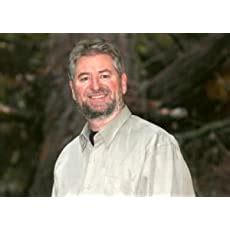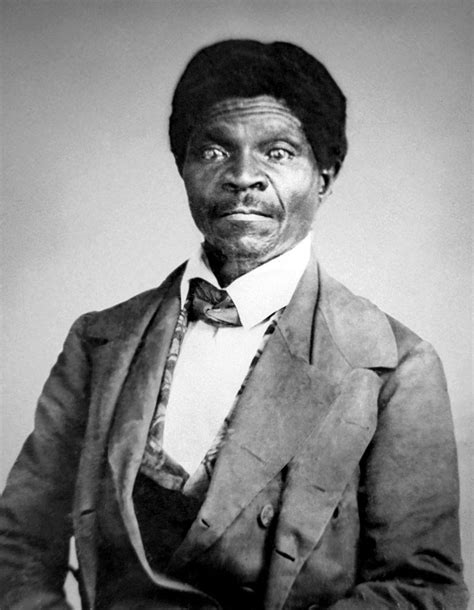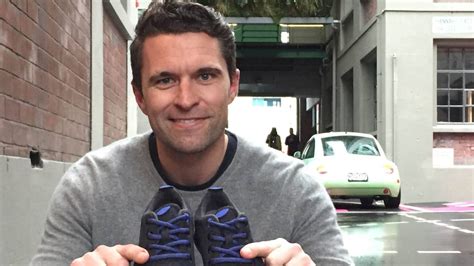A Quote by Alan Briskin
Wisdom in groups is earned by gathering useful data, exploring diverse perspectives, respecting different viewpoints, and then shaped through critical reflection on behalf of tangible outcomes.
Related Quotes
One of the paradoxes of liberal societies arises from the commitment to tolerance. A society committed to respecting the viewpoints and customs of diverse people within a pluralistic society inevitably encounters this challenge: will you tolerate those who themselves do not agree to respect the viewpoints or customs of others? Paradoxically, the liberal commitment to tolerance requires, at some point, intolerance for those who would reject that very commitment.
Attention is riveted on what is tangible, useful, instantly available; the stimulus for deeper thought and reflection may be lacking. Yet human beings have a vital need for time and inner quiet to ponder and examine life and its mysteries... Understanding and wisdom are the fruit of a contemplative eye upon the world, and do not come from a mere accumulation of facts, no matter how interesting.
The normal way of gathering information is through sound: when you hear information that you want to gather, you look in its direction, you see what it is, if you choose you can get closer, you can see it, you can touch, and then, finally, the most committed form of data gathering is to taste it and eat it. But for the urbanite, we're cut off from our primary sense, and I want to stress that - our primary sense of gathering information about the place that we're living in - and instead, we're in a war zone.
Wisdom in groups emerges as a product of commitments we make with ourselves and to each other. These stances are not abstract rules but tangible practices that must be renewed each time we are in groups. They are essentially commitments and attitudes that foster collaboration and positive collective action.
We are ... led to a somewhat vague distinction between what we may call "hard" data and "soft" data. This distinction is a matter of degree, and must not be pressed; but if not taken too seriously it may help to make the situation clear. I mean by "hard" data those which resist the solvent influence of critical reflection, and by "soft" data those which, under the operation of this process, become to our minds more or less doubtful.
Above all, think of life as a prototype. We can conduct experiments, make discoveries, and change our perspectives. We can look for opportunities to turn processes into projects that have tangible outcomes. We can learn how to take joy in the things we create whether they take the form of a fleeting experience or an heirloom that will last for generations.
I was really lucky to grow up in an extremely diverse neighborhood. I grew up in a city called Southfield, and it's one of the most diverse cities in the country. Just from the different socio-economic statuses and racial and ethnic groups I was around, I was around all different types of music from the beginning.

































